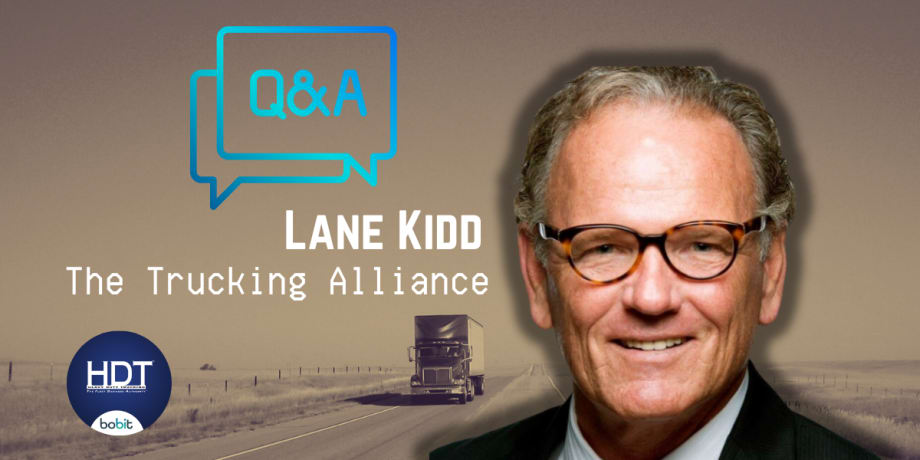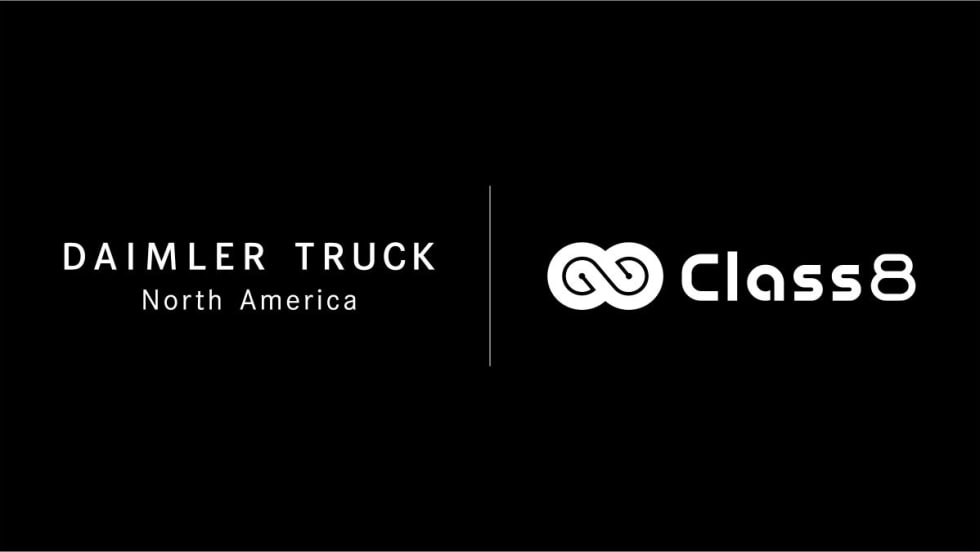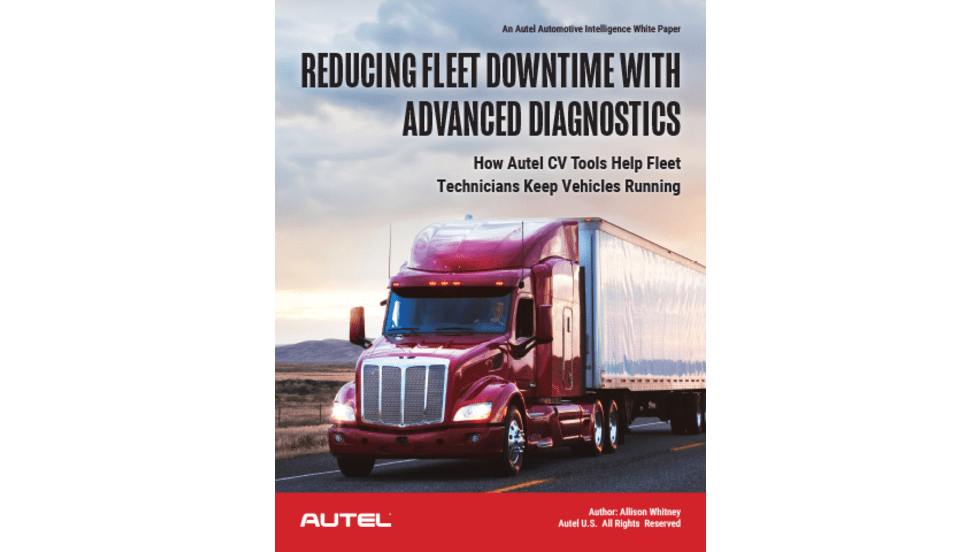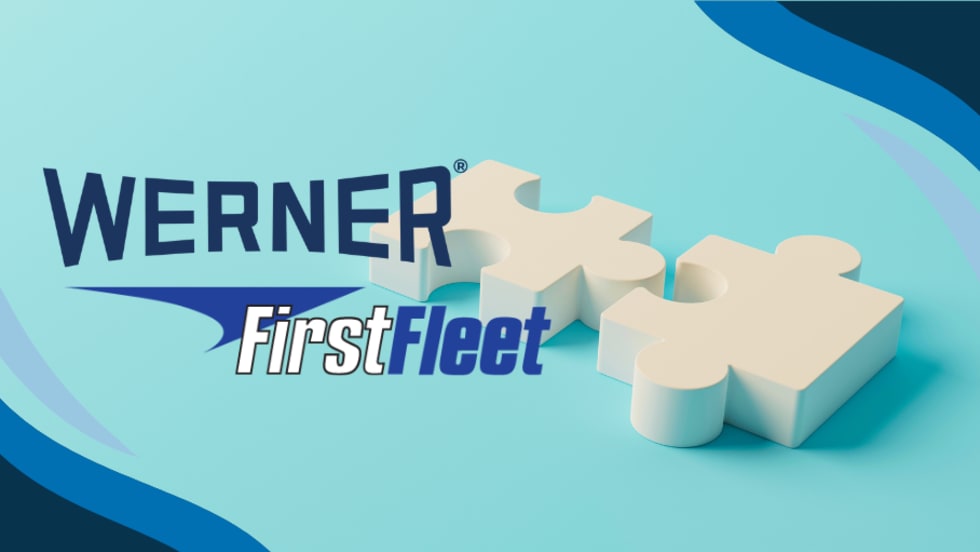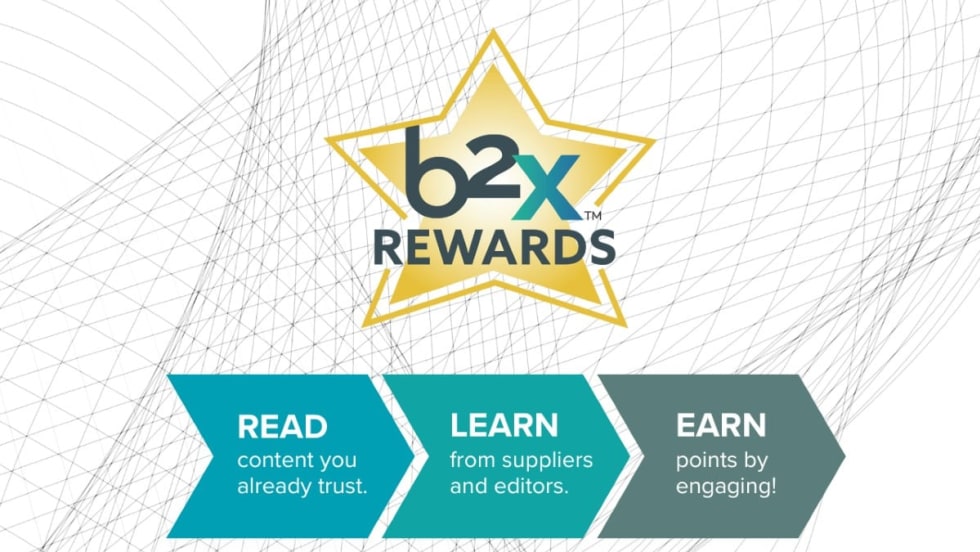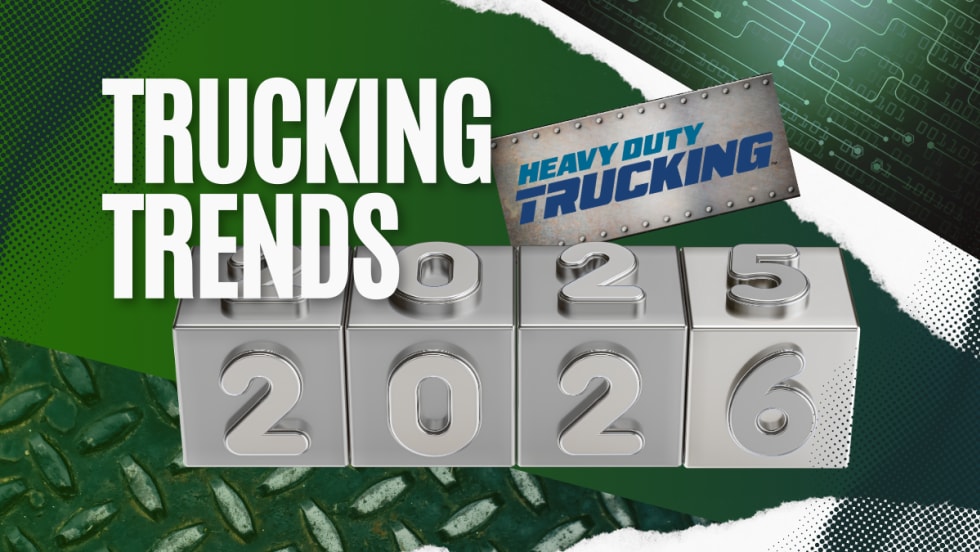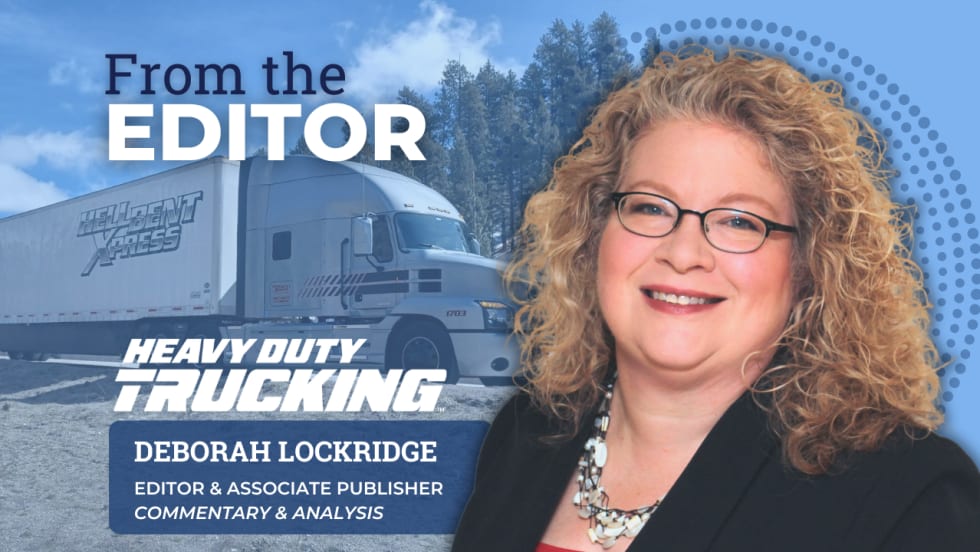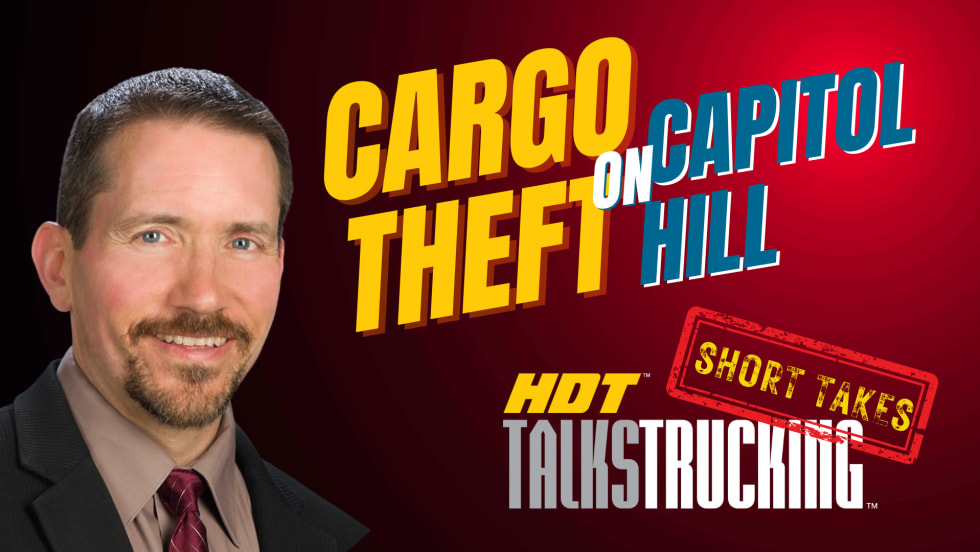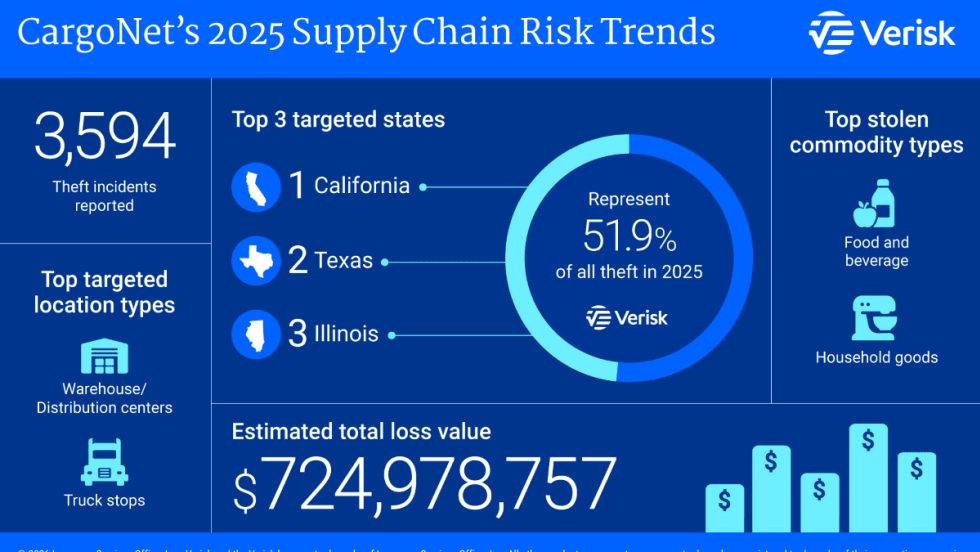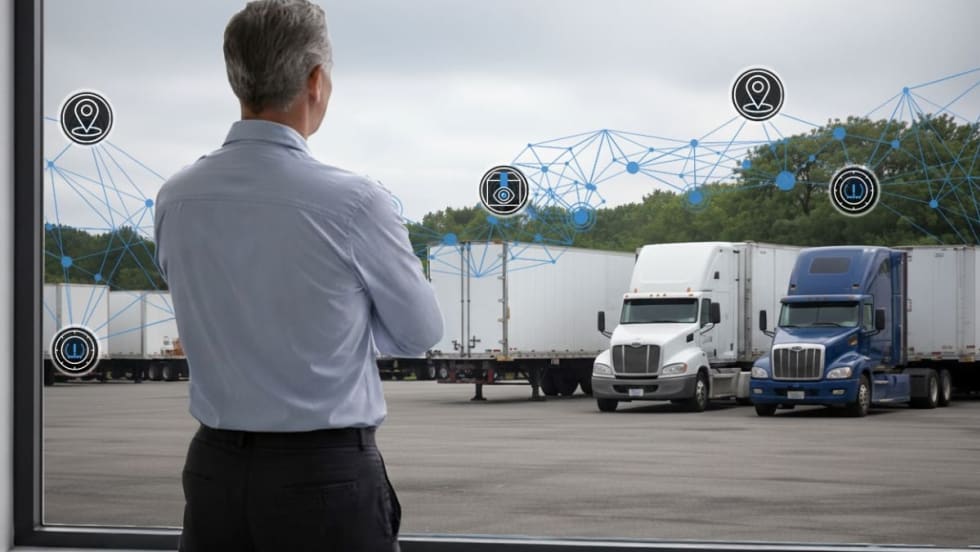We spoke at length with Lane Kidd, managing director of the Washington, D.C.-based Alliance for Driver Safety & Security (known as the Trucking Alliance) about which issues the carrier-driven and safety-focused lobbying group is most engaged with this year.
We spoke at length with Lane Kidd, managing director of the Washington, D.C.-based Alliance for Driver Safety & Security (known as the Trucking Alliance) about which issues the carrier-driven and safety-focused lobbying group is most engaged with this year, from the ELD mandate to younger drivers. The interview was lightly edited for length and clarity.
HDT: To help set the stage, can you tell us about the Trucking Alliance, its membership, and its stated mission?
Kidd: The Trucking Alliance is the brainchild of Steve Williams and a small group of his peers. Steve’s a former chairman of the American Trucking Associations, the American Transportation Research Institute, a three-time chairman of the Arkansas Trucking Association, and a host of other appointments, but he actually has a full time job, as chairman and CEO of Maverick USA.
Steve has always held the belief that the industry’s safety bar should be higher than it is. So back in 2011, he reached out to some like-minded executives who wanted to quicken the pace of specific regulations that were languishing at the U.S. DOT, things like electronic logging devices, a drug and alcohol clearinghouse, improvements in drug testing, and other items.
Steve and those executives formed the Trucking Alliance, to help pass legislation requiring those truck safety improvements, and to solely focus on advancing truck safety issues. Their mission remains the same.
HDT: How would you describe the Alliance’s approach to lobbying? Considering that the group’s focus is strictly on safety, does that informs how it seeks to influence policymakers and legislators?
Kidd: Well, public safety should never be a political issue. The public has no choice whether to share the highway with our trucks. For that reason, the industry has a moral and ethical responsibility to ensure the public that truck drivers are rested, well trained, obeying the law, and are drug and alcohol free. Now, how we best achieve those objectives can be a complex challenge.
But I guess the most unique aspect of the Trucking Alliance is when the Alliance board of directors invites a company to join. That company agrees to support certain safety principles, which, in most cases, they’re already doing. But the company CEO is asked for their commitment in time and energy. Because the executives are the folks carrying much of the message to Congress and the federal agencies. Not all companies can make that kind of commitment.
HDT: When President Trump took office, it was thought his administration would roll back regulations. Yet it seems the Alliance and other trucking stakeholder groups have not been lobbying so much to repeal rules, but to improve them. What rules do you think most need reforming and why?
Kidd: The Trucking Alliance endorses the ‘Road to Zero’ campaign, to fully eliminate all large truck fatalities. When you consider our industry was involved in more than 400,000 accidents in 2016, which took 4,300 lives and injured another 116,000 people, we must do more to help our truck drivers avoid these accidents, regardless of who is at fault.
One way to help our drivers is to install forward collision-mitigation systems in their trucks. These technologies that can help truck drivers avoid many accidents and we must get these systems installed on all new trucks and do it now.
Secondly, our nation is in the midst of a catastrophic opioid addiction crisis. The Trump Administration should be applauded for making this issue a national priority. And Transportation Secretary Chao wants to step up efforts to identify opioid users in the transportation industry. The trucking industry can do more to identify drivers who are abusing these addictive drugs, and to get them the help they need before they do more harm to themselves and the public.
Another needed reform is insurance. One of our Alliance directors has commented that we require hazmat carriers to carry $5 million, in order to make sure our creeks, rivers and streams are protected, but we only require $1 million to cover the cost of a human life. So, at some point we must have an honest discussion about the responsibility the industry has to cover the cost of large truck accidents.
And finally, we know that when speed is a factor in a large truck accident, the likelihood of injuries and fatalities skyrockets. So we must make sure trucking companies are slowing down their trucks, and turning those truck speed limiters on to a reasonable maximum speed.
HDT: The electronic logging mandate has been embraced by most trucking groups, including the Alliance. What is it about the ELD rule that has kept so many truckers from implementing them before the mandate kicked in?
Kidd: It’s human nature to resist change. People in trucking are no different, and as Steve Williams has commented, the people in trucking, whether owners or drivers or management, have a strong work ethic to please their customers. Unfortunately, some people have taken advantage of that work ethic over the years. ELDs will give the industry the tool it needs to bring balance back to the supply chain.
HDT: Some have suggested the decision to have only ‘soft enforcement’ of the ELD rule until April 1 led truckers to view that as the “new compliance date.” Does the Alliance have any expectation of when the majority of carriers and drivers will be in compliance and any thoughts on how to get more onboard faster with ELDs?
Restaurants have soft openings, so the kitchen can get its house in order, and this transition period was a logical way for law enforcement and the industry to get its house in order. I expect folks will either have installed their ELDs or left the industry by April.
HDT: Recently, there has been a push to allow younger CDL drivers (under 21) to operate interstate. Do you think this effort to address the driver shortage will stand up as good safety policy?
Kidd: I’ve come full circle on this question. The military branches all have different standards, but none of them throw a kid into the cockpit of a fighter jet when they’re 19 years old. Truck drivers operate their vehicles within five feet of millions of people every day. We shouldn’t put 19-year-old kids in the seat of an 80,000-pound tractor trailer rig until we are absolutely sure they’ve completed a rigorous regiment of training and apprenticeship.
HDT: Talk is cheap but we also hear a lot of it about the safety and productivity benefits of self-driving technologies. Does the Alliance have a position on their development in terms of whether the government should do more to help bring these technologies to market?
Kidd: Warren Buffet was recently asked his thoughts on self-driving autonomous trucks and he replied with something like he’s not sure if he ever wants to meet a large semi-truck on the road with no driver. I think most of us agree with Mr. Buffet. But with that said, the Trucking Alliance supports technologies that can assist their truck drivers to avoid an accident. Forward facing collision-mitigation systems can do that so well, and we must embrace those as an industry.
HDT: We also want to know a little about yourself. What brought you into the trucking industry and, of course, into the noble profession of lobbying?
Kidd: My father moved our family from California to Arkansas in 1957, so he could start a trucking company with my mother’s two brothers. But they quickly found it wasn’t easy to enter the industry back then, because it was so highly regulated. Finally, they decided to apply for authority to transport mobile homes, boats, trailers, and certain kinds of steel, and nobody protested because nobody really wanted that business! They became ‘hitch-ball’ truckers, probably the lowest rung on trucking’s hierarchy, but they were successful and built the company into the largest mobile home transporter in the nation at one time.
I spent a few hot muggy high school summers in the 1970s, crawling around blocking and unblocking mobile homes and sharing the space with wasps, ticks, and snakes. I worked with the toughest and most talented truck drivers you’d ever want to meet. Those truck drivers, to a man, were the hardest working people I’ve ever met.
So, when somebody asks me, what in the world do I know about truck drivers, I just smile.
My education is in communications and media relations and I’ve always had a strong interest in politics. And my big break came in 1992, when I was named president of the Arkansas Trucking Association. That job was fun each and every day, and I was lucky to get to know such industry icons as J.B. Hunt, Sheridan Garrison (founder of American Freightways) and Robert Young (ABF Freight), and especially Steve Williams, who is one of our industry’s true visionaries. I remained at the Arkansas organization until 2014, when I moved to Washington and assumed my current role.




